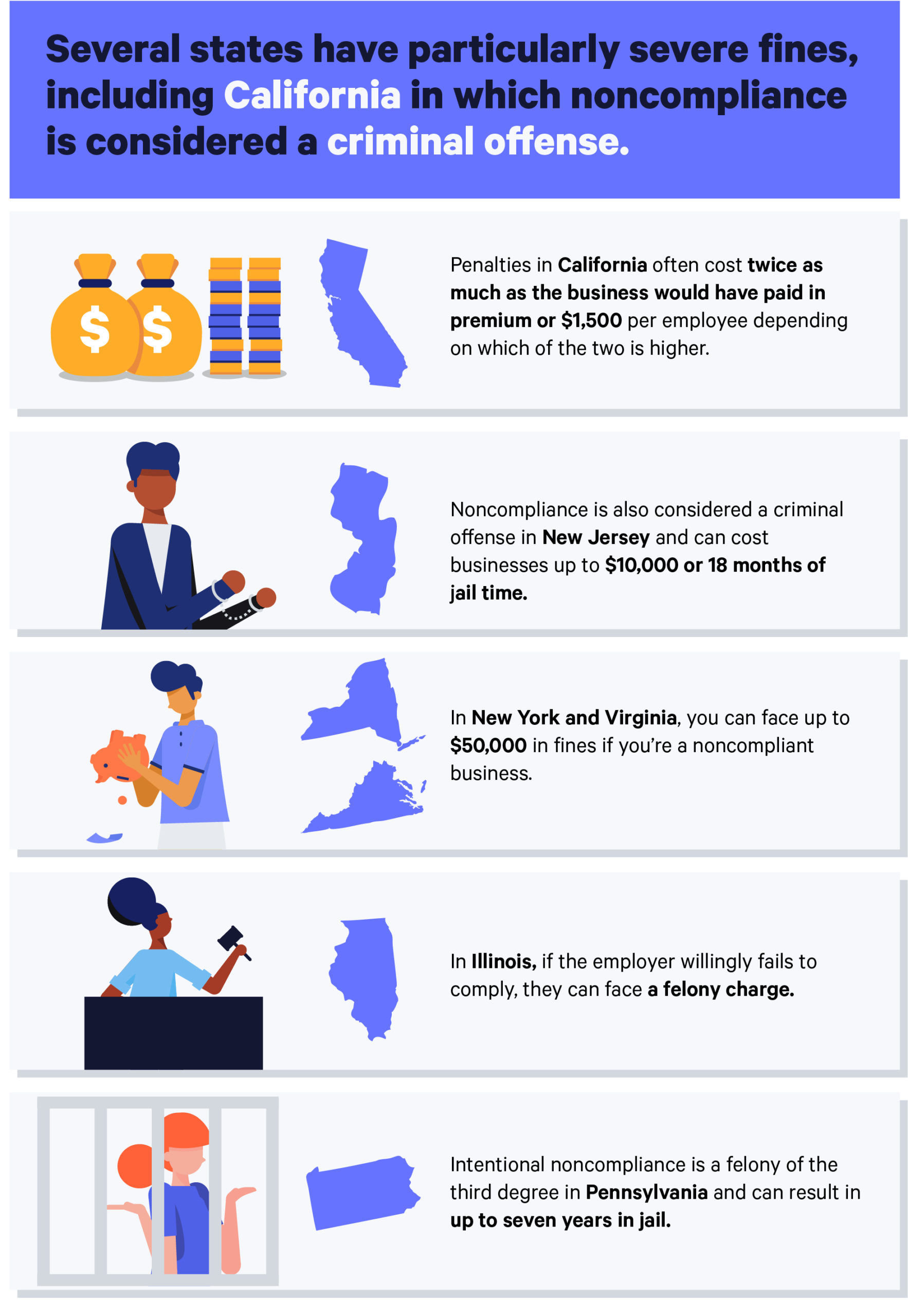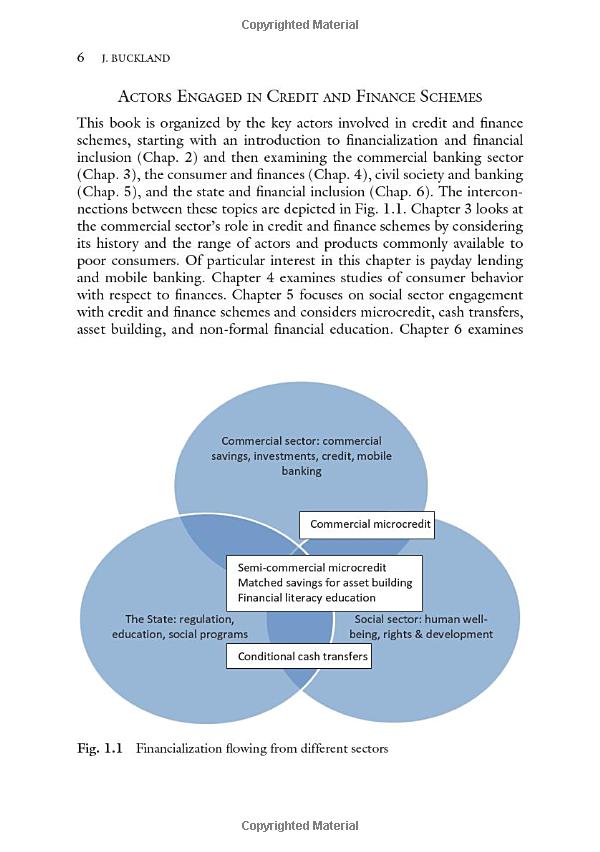Understanding Policy Loans: A Comprehensive Guide to Leveraging Your Insurance for Financial Needs
Guide or Summary:What are Policy Loans?How Policy Loans WorkBenefits of Policy LoansPotential Drawbacks of Policy LoansWhen to Consider a Policy LoanWhat ar……
Guide or Summary:
- What are Policy Loans?
- How Policy Loans Work
- Benefits of Policy Loans
- Potential Drawbacks of Policy Loans
- When to Consider a Policy Loan
What are Policy Loans?
Policy loans are loans taken out against the cash value of a permanent life insurance policy. When you have a whole life or universal life insurance policy, a portion of your premiums contributes to a cash value that grows over time. This cash value can be borrowed against, allowing policyholders to access funds without the need for credit checks or lengthy approval processes typical of traditional loans.

How Policy Loans Work
When you decide to take out a policy loan, the insurance company will lend you a percentage of your policy's cash value, usually up to 90%. The loan does not require repayment on a specific schedule, but interest will accrue on the borrowed amount. If the loan is not repaid, the outstanding balance, including interest, will be deducted from the death benefit when the policyholder passes away. This means that while you can access funds easily, it is crucial to understand the implications of borrowing against your policy.
Benefits of Policy Loans
One of the most significant advantages of policy loans is that they offer a flexible and convenient way to access cash. Unlike traditional loans, there is no credit check, and you can borrow as much as you need, up to the policy's cash value. Additionally, the interest rates on policy loans are often lower than those of unsecured loans or credit cards. Another benefit is that the borrowed amount does not have to be repaid during your lifetime, making it an attractive option for those who want to maintain liquidity without the pressure of monthly repayments.

Potential Drawbacks of Policy Loans
While policy loans provide several benefits, there are also potential drawbacks to consider. If the loan is not repaid, it can significantly reduce the death benefit for your beneficiaries. Additionally, if the interest accumulates and exceeds the cash value of the policy, it could lead to a policy lapse, resulting in the loss of coverage. Therefore, it is essential to have a solid repayment plan in place and to understand the long-term implications of borrowing against your insurance policy.
When to Consider a Policy Loan
Policy loans can be a viable option for various financial needs. For instance, if you encounter unexpected medical expenses, home repairs, or other urgent financial situations, a policy loan can provide quick access to funds. Additionally, some policyholders use policy loans for investment opportunities, such as purchasing real estate or funding a business. However, it is crucial to evaluate your financial situation and ensure that taking out a loan against your policy aligns with your long-term financial goals.

In summary, policy loans can be a powerful financial tool for those with permanent life insurance policies. They offer flexibility and quick access to cash without the need for traditional loan processes. However, it is essential to weigh the benefits against the potential drawbacks, ensuring that you fully understand the implications of borrowing against your policy. By doing so, you can make informed decisions that support your financial well-being and secure your family's future.